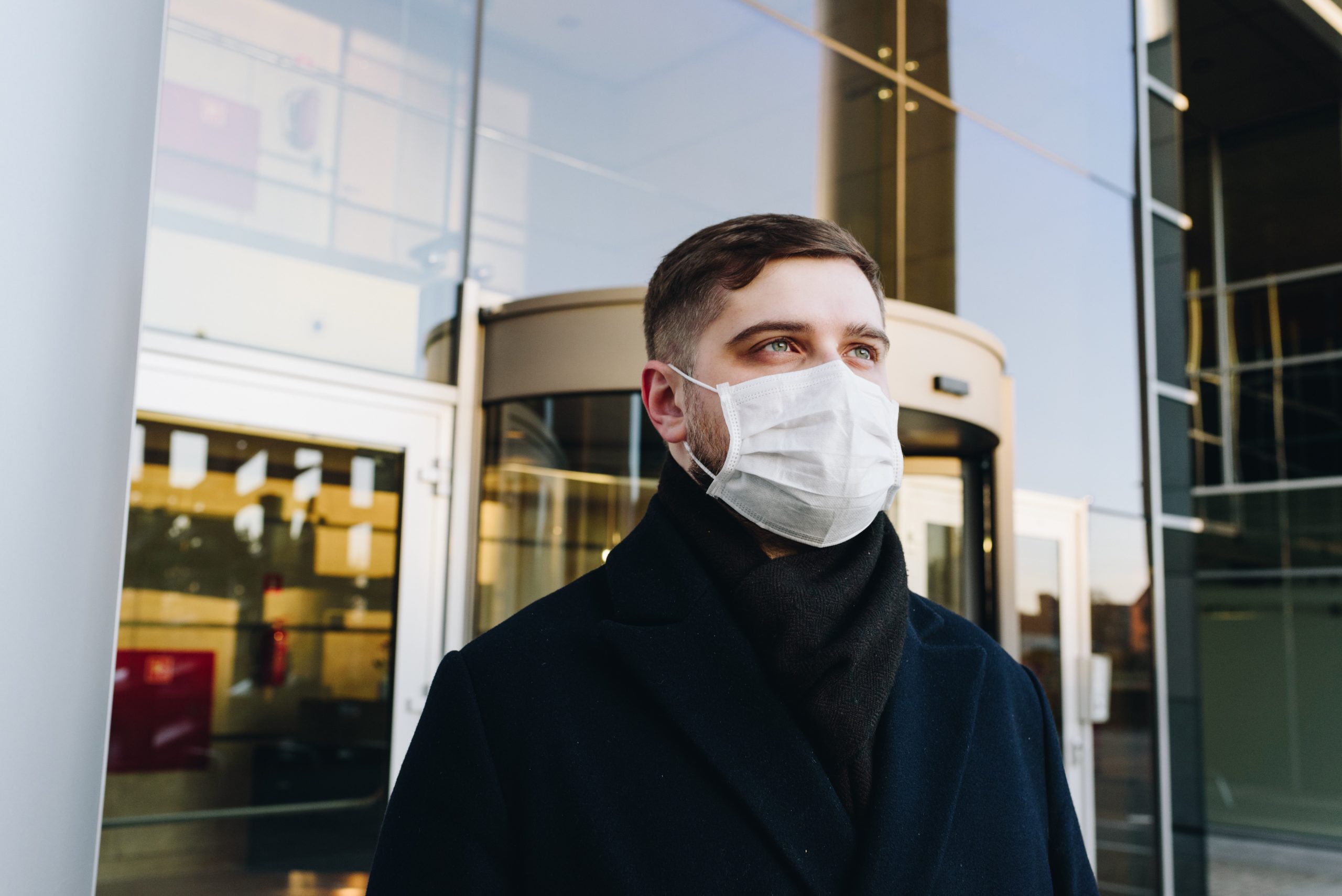It may be years until researchers fully understand the true mental health implications of the 2020 pandemic. There is no shortage of studies being published, and while each is unique, the vast majority share the same message. COVID has significantly worsened mental health.
This is why the United Nations released a policy brief stating that although COVID is, in the first instance, a physical health crisis, it also has the seeds of a major mental health crisis as well.
As Robert Boyce said, “Knowledge is power. Knowledge shared is power multiplied” — and when it comes to mental health research, advances in treatment, and the need to challenge the stigma surrounding mental health, this could not be closer to the truth. Here’s a look at what we’re discovering in response to an unexpected pandemic.
More Research Is Needed
When it comes to COVID, researchers are covering all the bases — and not just in terms of mental health. In June 2020, a study was published, highlighting some of the reasons why toilet paper buying skyrocketed during the pandemic. This was an interesting topic among psychologists and while they found that the perception of risk played a role, particularly among emotional people, this only accounted for 12 percent of the variability — the majority of contributing factors are still unknown.
Not being able to see “the big picture” has been a key trend across the vast majority of studies, especially when it comes to the lasting implications of COVID. At this point, researchers simply do not have enough data. Not enough time has passed to truly understand the ways in which COVID has impacted the general population from a social, economic, or health-related standpoint.
Reflecting on the Latest Mental Health Studies
Although research on COVID will continue for years to come, here is what we’re currently discovering.
- An Australian study, published in the Journal of Medical Internet Research, used an online mental health-measurement platform to better compare mental health outcomes individuals before and after the COVID pandemic. What they found was that while studying participants who showcased problematic scores for at least one of the mental health outcomes (i.e. depression, anxiety, stress, etc.), the number of individuals struggling with their mental health increased from 58 percent prior to COVID to 79 percent during COVID. This means that during COVID, only 21 percent of those assessed display good mental health during the pandemic.
- A study conducted in the Canadian Medical Association Journal found that among children, COVID has lead to indirect physical, social, and mental consequences that are both immediate and long-lasting. Forced isolation and economic uncertainty are leading to heightened stress, as well as conflict in the household. This is placing children at higher risk for family violence. A lack of structured routines and increased screen time may also lead to higher rates of anxiety and depression among children.
- The American Medical Association released a study, showing that COVID has caused higher rates of anxiety and depression, and some groups are more affected than others. For example, self-isolation has caused significant mental health issues for the elderly living in nursing homes. Healthcare providers also face an increased risk of depression and anxiety during this pandemic. There were also concerns surrounding social media. Although social media is a great way to stay connected, there is also a lot of misinformation — it can act as a two-edged sword.
When searching “COVID mental health” in Google Scholar, approximately 24,000 results show up since 2020. Researchers will continue to focus on this topic, helping the healthcare industry and the general public better navigate the mental health fallout of COVID.
In the meantime, it’s imperative that you address any mental health concerns impacting you or someone you love. Valley Oaks is here during these unprecedented times. All you need to do is call — contact us today to discuss your options so that you can take back control of your mental well-being and life.






